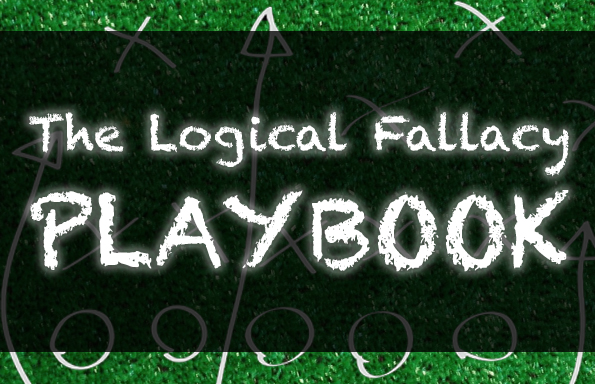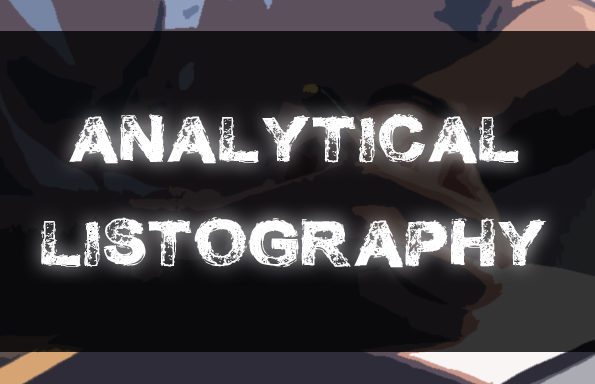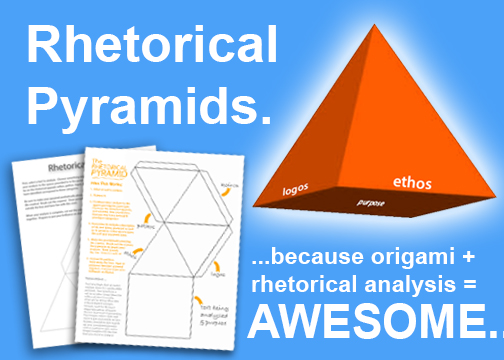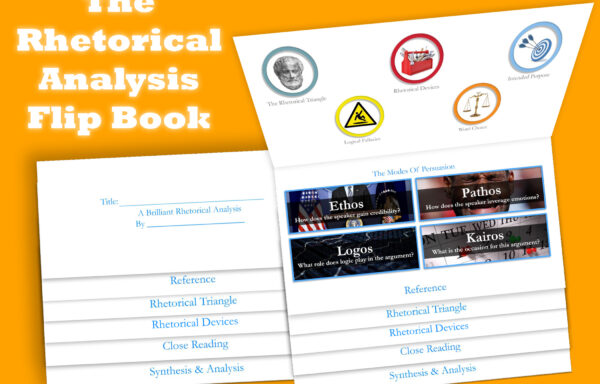To receive free and awesome lesson plans in your email all year long, click here! If you’d like to pay with a PO, request a quote here!
Looking for a better way to teach logical fallacies? Look no further! The Logical Fallacy Playbook uses a structured inquiry approach to help students construct their own understandings of logical fallacies through examples prior to formally naming and defining the strategies. This bundle also includes playbook frameworks for rhetorical devices and literary terms — because once you experience the power of the playbook model, you’ll never go back!
To gain instant access to this, and ALL of our resources, join the TeachArgument Community today! Or, grab this lesson “a la carte” for only $5.99!
Lesson Description
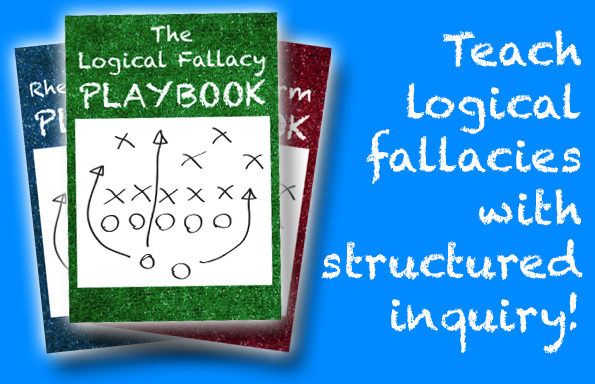
Wondering what The Logical Fallacy Playbook entails?
In short, The Logical Fallacy Playbook takes a structured inquiry approach to teaching students logical fallacies — in the form of a neatly formatted, foldable “playbook.” Here’s how it works:
Each page of the playbook contains several examples of a logical fallacy, as well as several guiding questions to help focus students’ efforts on categorizing, unpacking, and defining the fallacy. It is very important that students engage in this process before they are given the names and definitions of any logical fallacies. Why? Because the act of figuring out the common thread across all three examples will require students to think critically about the text, and to construct their own understandings of the logical fallacies. (This yields learning that is much more powerful – deeper, and longer lasting understandings – as opposed to simply prompting students to memorize a list of fallacies.)
There are twelve logical fallacies built into The Logical Fallacy Playbook (ad hominem, argument from authority, band wagon, black and white, correlation vs. causation, faulty analogy, hasty generalization, moral equivalency, non sequitur, red herring, slippery slope, and straw man) – and an answer key has been included in this bundle.
Simply print… fold… and it’s game time!
Two additional “playbooks” are included with this bundle – one for Literary Terms, and another for Rhetorical Devices. These playbooks speak to the versatility of the structured inquiry approach to teaching students deep understanding of concepts, terms, and techniques. However, these additional playbooks do not include examples of literary terms and rhetorical devices – for the simple reason that every teacher teaches different literary terms and rhetorical devices. To utilize these additional playbooks, you will simply have to provide students with a series of example for each term or device you’d like them to analyze and unpack… or, better yet, create “expert groups” among your students and ask them to develop the playbook examples as appropriate!
To gain instant access to this, and ALL of our resources, join the TeachArgument Community today! Or, grab this lesson “a la carte” for only $5.99!
Lesson Features
| Grades | 7 - 12 |
| Focus | Logical Fallacies; Structured Inquiry; Rhetorical Devices; Literary Terms |

